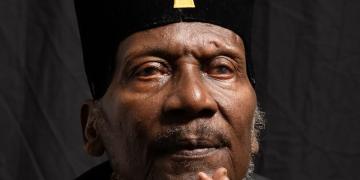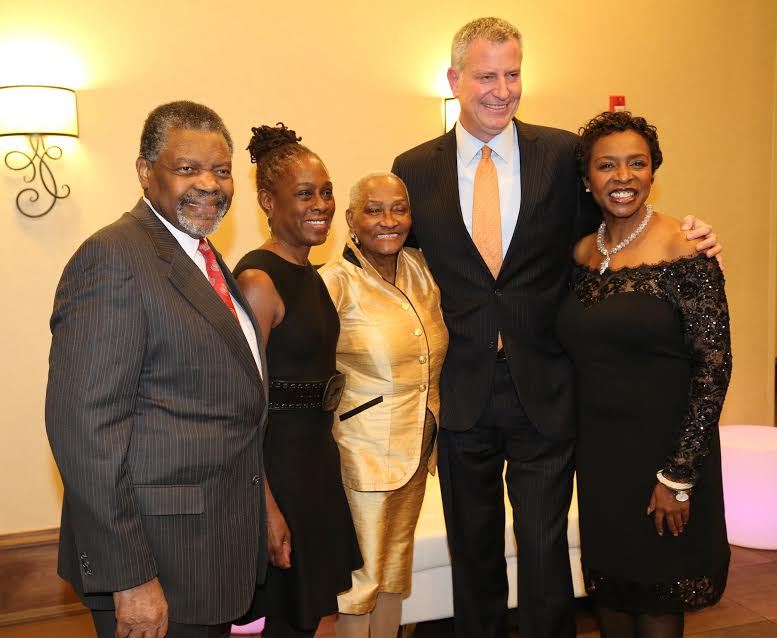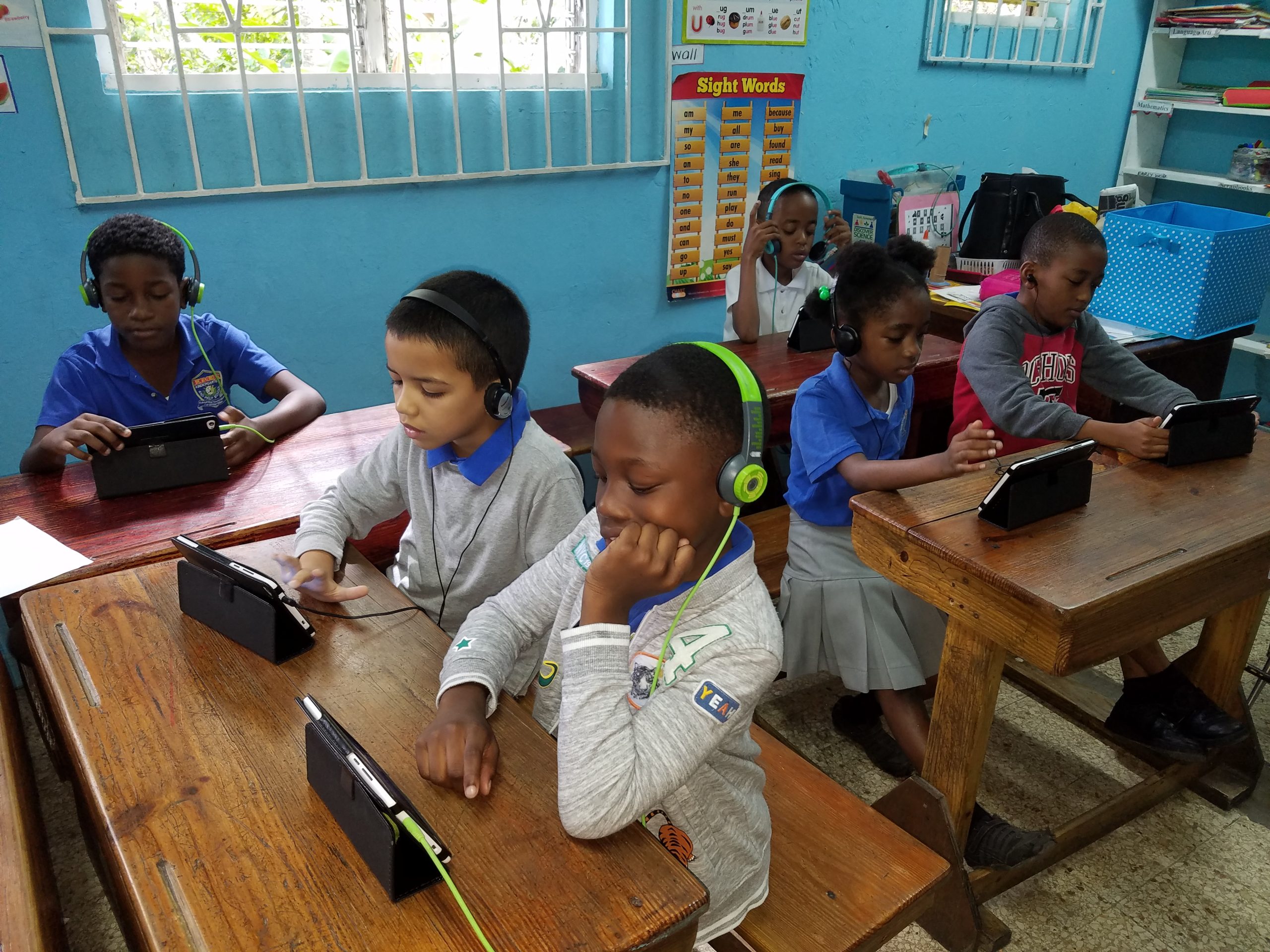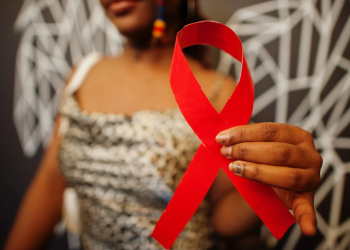Imagine living in a community with poor sewage for thirty years. In addition to coping daily with the unpleasant stench, one has to contend with possible health implications and poor water quality on the beach where the raw sewage enters as well as along the shoreline, there was also squatting and the place was being used as a garbage dump site because it was essentially abandoned. Then imagine a state of the art sewage facility being erected after a non-governmental organization used their country’s Access to Information law to bring the case before the courts which ruled in a consent order that the Government was responsible for rehabilitating the facility. This true story took place in Jamaica in 2011 and was championed by the Jamaica Environment Trust (JET). There are many Caribbean countries that are not as advanced as Jamaica in terms of their access rights laws but with the groundbreaking development dubbed the Escazú Convention, a sense of renewed hope is now sweeping Latin America and the Caribbean (LAC).
On March 4, 2018, after 9 rounds of negotiating meeting, 24 countries of the LAC region adopted the Escazú Convention in Escazú, Costa Rica. Simply put this legally binding agreement seeks to give people of the LAC region access to information, a space for public participation and access to justice in environmental matters with the aim of protecting the right to a healthy and sustainable environment for present and future generations. Principle 10 is also known as the environmental democracy principle of the Rio Declaration on Environment and Development.
Why is this so important? Sadly, many governments in the region engage in developmental and other activities that may affect the environment and those who rely on it for their survival and livelihood with little or no input from the people who are directly affected. As such this people-centered agreement seeks to raise the standards for environmental governance in the region, thereby creating an opportunity for the over 650 million people in Latin America and the Caribbean to get involved in the decision-making processes regarding the environment at an early stage and to access information that is oftentimes heavily shrouded in bureaucracy.
‘When you want something all the universe conspires in helping you achieve it’, this is a recurring message in Paulo Coelho’s bestselling novel, The Alchemist. With that being said this historic agreement which has provisions to protect environmental defenders was adopted on the 2nd anniversary of the death of Berta Cáceres, an Environmental Defender and Indigenous Activist from Honduras. Whilst Berta and the hundreds of environmental defenders who have been killed especially in Latin America might not have lived to witness it, this development symbolically represents their blood, sweat, and tears which have gone into protecting our region’s natural resources. Also, their spirits could have been felt by those who have been attuned to the years of negotiations by governments and the public who worked tirelessly to ensure that the agreement would one day conspire to provide a meaningful change towards the protection of environmental defenders. Whilst there might not be any reported cases of killing of environmental defenders in the Caribbean, there have been instances of harassments, threats, and intimidation.
Additionally, this agreement is particularly important for Small Island Developing States (SIDS) like Antigua and Barbuda, St. Vincent and the Grenadines, Grenada, St. Kitts and Nevis, Dominica and Saint Lucia, which has become my home away from Jamaica (these 6 Eastern Caribbean countries, in addition, the Trinidad and Tobago and Jamaica form part of the 24 countries that adopted the Escazú Convention). These islands still have a large expanse of greenery and natural untouched charm, however, their rich biodiversity is often compromised in the name of development. Don’t get me wrong, development is important, however, it must be balanced and done in a sustainable manner. Our leaders must come to the realization that each country has a unique product and multi-million dollar high-rise development projects which: (i) take up acres of our land; (ii) call for the destruction of our rich flora and fauna; (iii) negatively affect the livelihood of those who generate their income from eco-related activities or (iv) pose restrictions and deny the public access to their beaches, by no way constitute sustainable development.
Whilst many people may not give environmental issues top priority because of competing issues such as gun violence, crime, poverty, unemployment, food insecurity, and politics that are more frequently played out in the media, if we just stop for a moment to think about how intricately we are interconnected to the environment we might change our perspective, and care, just a tad more. The air we breathe, the water that quenches our thirst, our medication, clothing, cosmetics, and food are derived from nature/the environment. Furthermore, millions of people rely on the environment for their livelihood like tour guides, fisherfolks, sea moss producers, horseback riders and eco-hoteliers, the list is endless. We, that is, the people, governments, and the private sector must work collectively to ensure that measures are put in place to safeguard the environment not only for our benefit but for the future generations who have entrusted it to us.
The Agreement will enter into force once it is ratified by 11 States of the 33 of LAC countries. Therefore, we call on you to support the members of the public in their advocacy efforts. Contact the Elected Representatives of the public, Danielle Andrade-Goffe (Jamaica) at HYPERLINK “mailto:dandrade.law@gmail.com” dandrade.law@gmail.com and Andrea Sanhueza (Chile) at HYPERLINK “mailto:andreasanhuezae@gmail.com” andreasanhuezae@gmail.com for more information, they would be happy to provide you with a letter that you or your organization within the Diaspora could send to your consulate in the U.S.A or the Ministry of Foreign Affair in the LAC region ahead of the signing which opens at the United Nations General Assembly at the UN’s Headquarters in New York on September 27, 2018.
Principle 10 is important not only to those currently living in Latin America and the Caribbean but to those who have their roots there and have a genuine love for their homeland. The region needs this, the people need this, governments need this and future generations need this because a healthy and sustainably managed environment means a better quality of life for everyone.
By: Peter Ivey & Karetta Crooks Charles
























